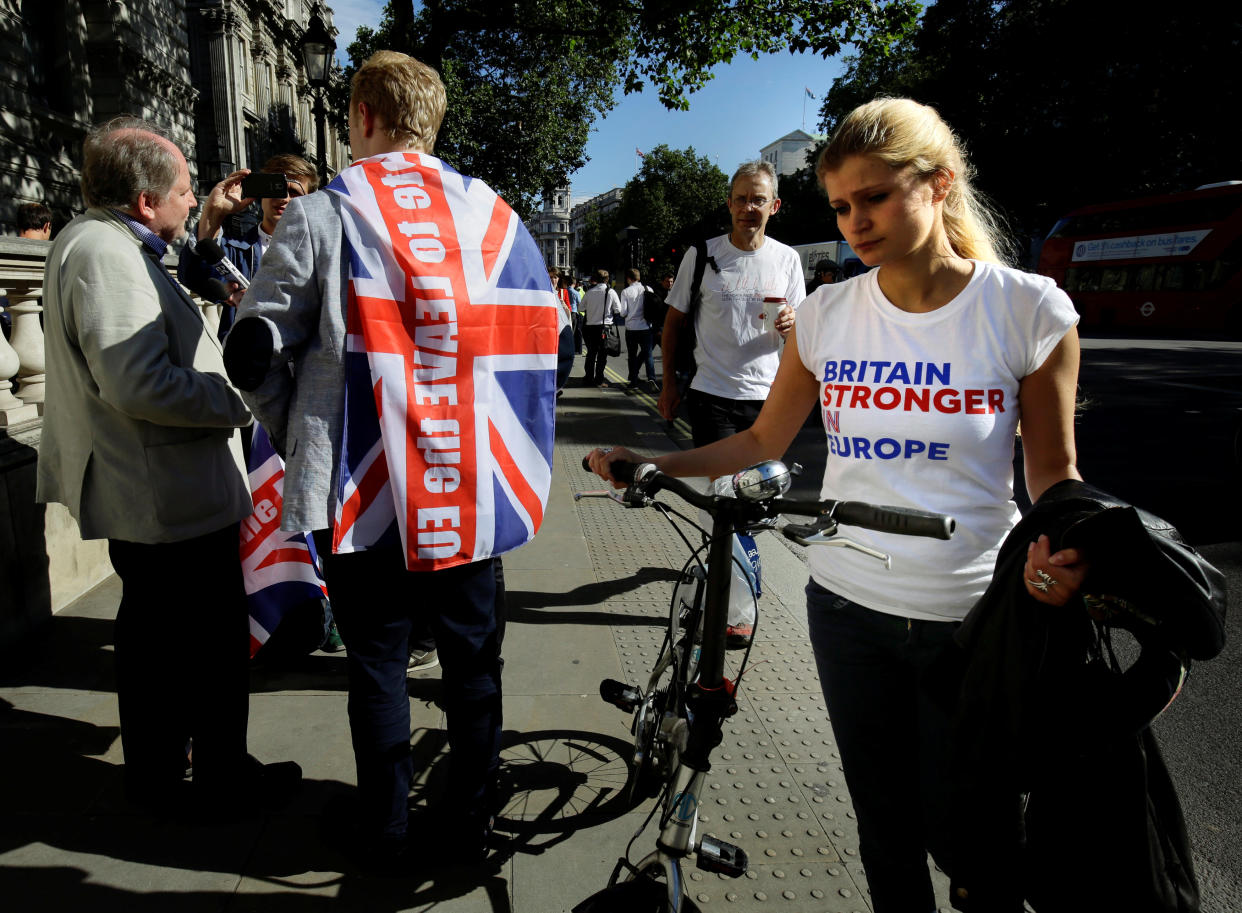Brexit 'wouldn't have happened' if 3 per cent more Brits went to university

Britain might have voted to remain in the European Union if just an extra three per cent of the population had been to university.
That’s according to new research from the University of Leicester, which suggests access to higher education was the greatest factor dividing those who voted to remain and those who voted to leave the bloc in last year’s referendum.
Other noteworthy findings from the paper — titled New Findings on Key Factors Influencing the UK’s Referendum on Leaving the EU — include the revelation that a decrease in turnout of seven per cent across England and Wales could have reversed the result.
The research also found that sex was a statistically significant factor in how people voted, while British-born proportions and local income levels were not. The factor of elderly voters, meanwhile, did have an impact on the outcome of the vote but not to the extent it was reported.

Dr. Aihua Zhang, from the University of Leicester’s Department of Mathematics, said: “The EU referendum raised significant debate and speculation of the intention of the electorate and its motivations in voting.
“Much of this debate was informed by simple data analysis examining individual factors, in isolation, and using opinion polling data”.
“This, in the case of the EU referendum where multiple factors influence the decision simultaneously, failed to predict the eventual outcome. On June 23rd 2016, Britain’s vote to leave the EU came as a surprise to most observers, with a bigger voter turnout than that of any UK general election in the past decade”.
MOST POPULAR STORIES ON YAHOO UK:
Donald Trump’s approval ratings just hit an historic low
Watch: Shocking moment London jogger pushes woman in front of a bus
‘Park elsewhere!’ Vandal graffitis neighbour’s car in bitter parking dispute
Italian firemen ‘started blazes themselves so they had fires to put out’
Chloe Ayling’s lawyer: Anyone who doesn’t believe kidnapped model’s story is ‘evil’
The researchers applied regression analysis and a statistical model to real data to identify statistically significant factors that influenced both voting preference and with it the outcome.
Further findings from the study include the suggestion that areas with a higher unemployment rate in England and Wales saw a higher rate of turnout in favour of Leave, while areas in Scotland and Northern Ireland with a higher-proportion of people who were university-educated saw an increased turnout for Remain.

 Yahoo News
Yahoo News 

